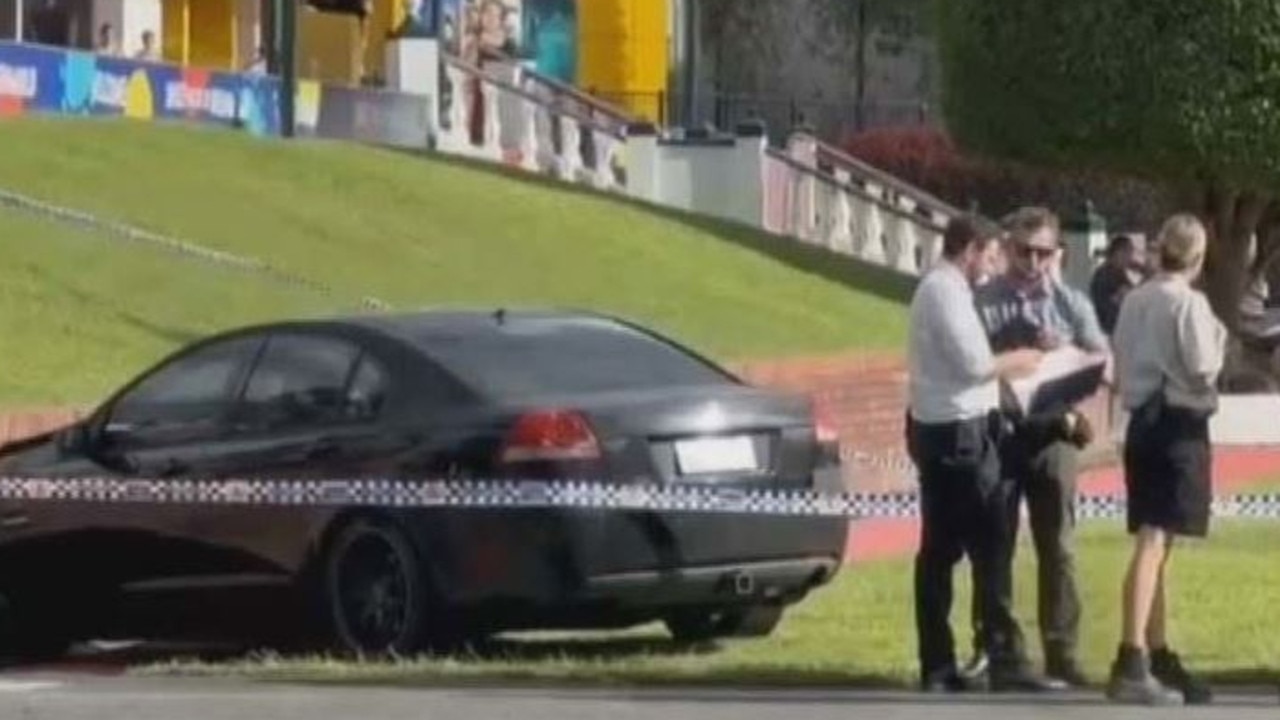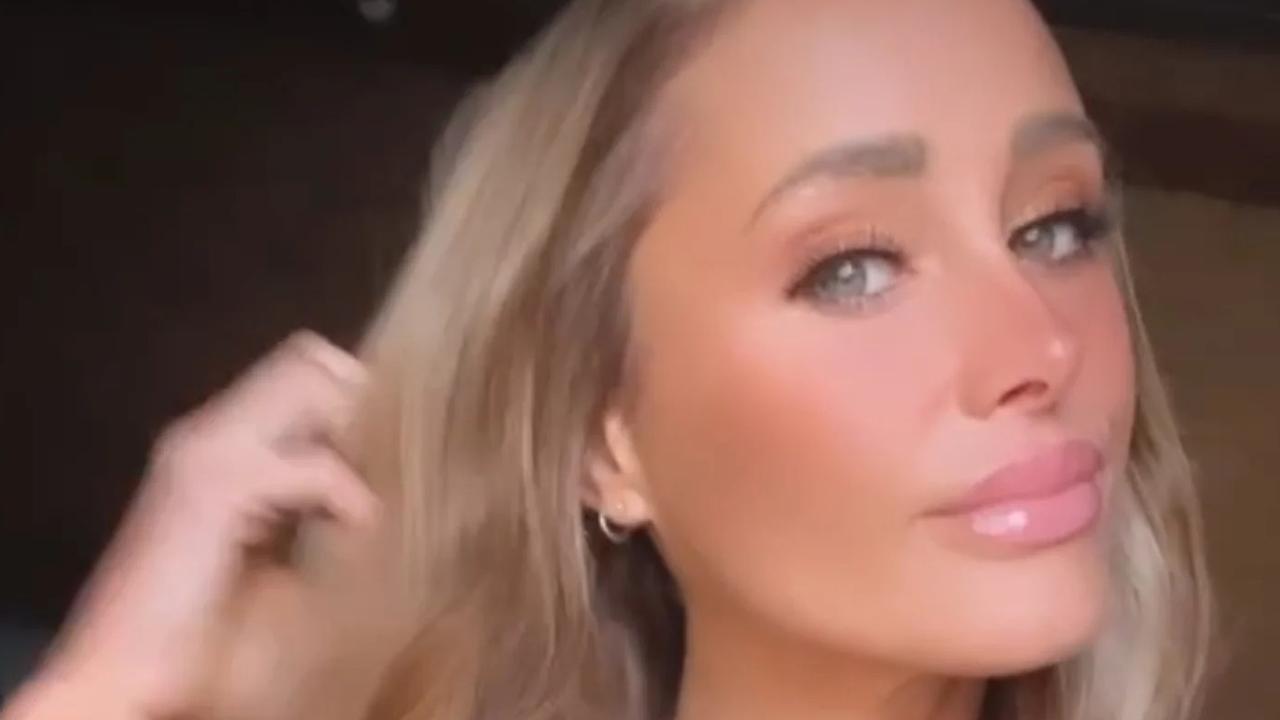NSW five mystery COVID cases plaguing state, seven new cases reported
As Sydney's northern beaches cluster grows, health authorities have revealed there are still five cases with no known source.
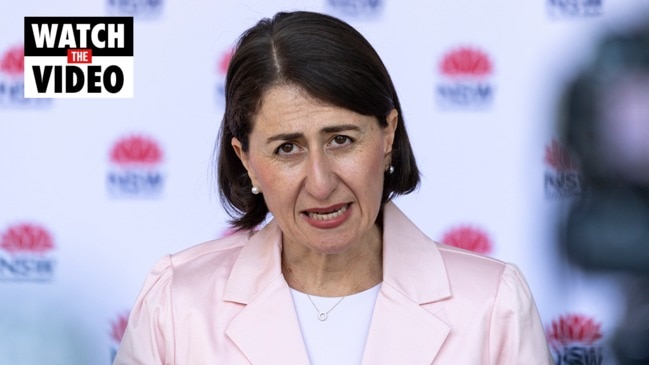
NSW Health authorities are trying to solve how five mystery infections of COVID-19 presented within the community.
Chief health officer Dr Kerry Chant said the cases included a person linked to Sydney’s CBD, a man who was in the CBD area in the Chifley Square/MLC buildings and the Circular Quay areas of the CBD, as well as a firefighter included in Sunday’s cases.
She said there was also a person who worked in the southern end of the Northern Beaches in Manly and commuted into the area.
“We are just checking with Opal card and transport about whether there was any overlap on any of his bus routes into the Northern Beaches and whether any infectious cases were travelling at the same time as that individual,” Dr Chant said.
The fifth case in question is a person from Bondi that health authorities are working to determine if it is a false positive.
“We take a precautionary approach (that) it’s positive until we have an expert panel to look at that,” Dr Chant added.
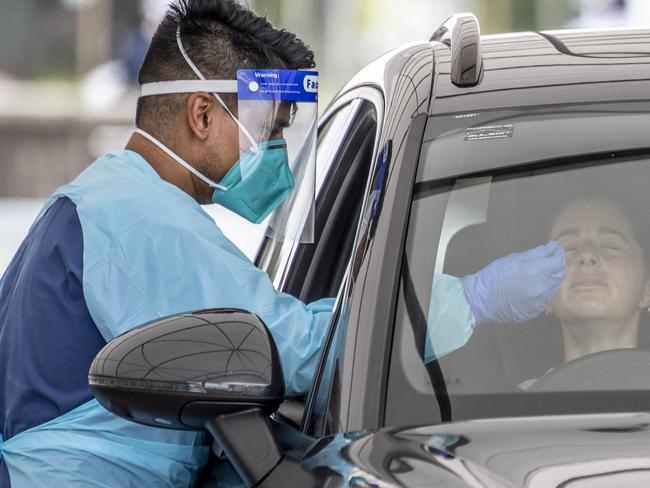
NSW health authorities warned the identity of patient zero in the explosive northern beaches cluster “may never be solved”.
With two weeks now passing since the start of the outbreak, NSW chief health officer Dr Kerry Chant said authorities were no closer to finding the source, but were pursuing about 12 lines of inquiry.
“We’re pursuing a lot of avenues of inquiry,” she said.
“We have the sequence data on the Avalon virus strain and we know that it matches most likely to US origin.
“We know that there was one person who arrived from overseas that was in hotel quarantine that had a close – not absolutely identical – but a similar strain, so that’s obviously a line of inquiry.
“You can imagine we are doing a lot of testing and sometimes we will never be able to definitively conclude that (source of the cluster) because people clear the virus and if you have cleared the virus, we then are basing it on serological studies and we can never then check absolutely.”
It comes as a further seven locally transmitted cases of coronavirus were diagnosed in NSW, with all but one of them linked to the northern beaches cluster.
The seventh case was “under investigation”, but Premier Gladys Berejiklian said the person had attended the Belrose Hotel.
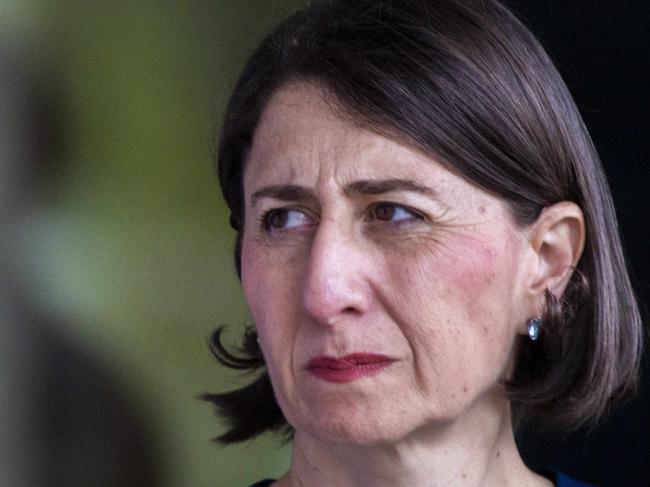
Dr Kerry Chant said that seventh case was a firefighter – a man in his twenties – who lived in the Northern Beaches.
“What we know is that this young gentleman in his 20s has one of the earliest onset of illnesses in the cluster, confirmed on the basis of serological testing and PCR,” she said.
“What we're looking for is the missing link – who else was present at the Belrose.
“Anyone who was at the Belrose Hotel any time between 12-6pm on 11 December we’re asking you to get a test. Irrespective of whether you have symptoms or not, please go out and undertake testing … and please isolate until you get that negative test.”
NSW Health is working with Fire and Rescue NSW to ensure all contacts are identified and tested.
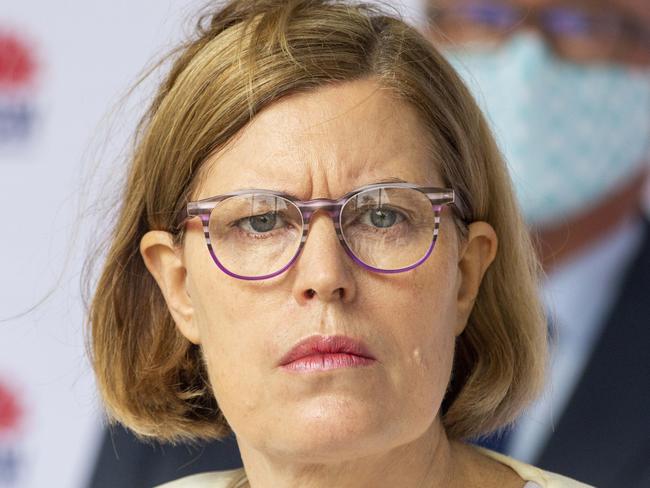
Health authorities had detected positive traces of coronavirus in the sewage at the Warriewood, Hornsby Heights and Brooklyn catchments.
“New South Wales Health is aware of recently positive cases in these areas but again urges local residents to come forward and get tested even if they have the mildest of COVID symptoms,” Dr Chant said.
Sunday’s new cases come after Health Minister Brad Hazzard blew up over “appalling” scenes on Bronte Beach, where Santa hat wearing backpackers gathered in the hundreds to celebrate Christmas.
He said the group’s actions could lead to a “superspreader event”, and said it was clear the group “didn’t give a damn about Sydney”.
The Tweed and Byron Police District also said 300 people had gathered illegally at Belongil Beach in the early hours on Sunday, as well as 300 people at another party at Main Beach.
Under the current restrictions, outdoor gatherings are limited to no more than 100 people in a public place including beaches and parks.
NSW Police said they had seen an increase in large public gatherings requiring “significant clean-up efforts”. and will ramp up patrols over New Year’s to make sure people are celebrating in a COVID-safe way.

